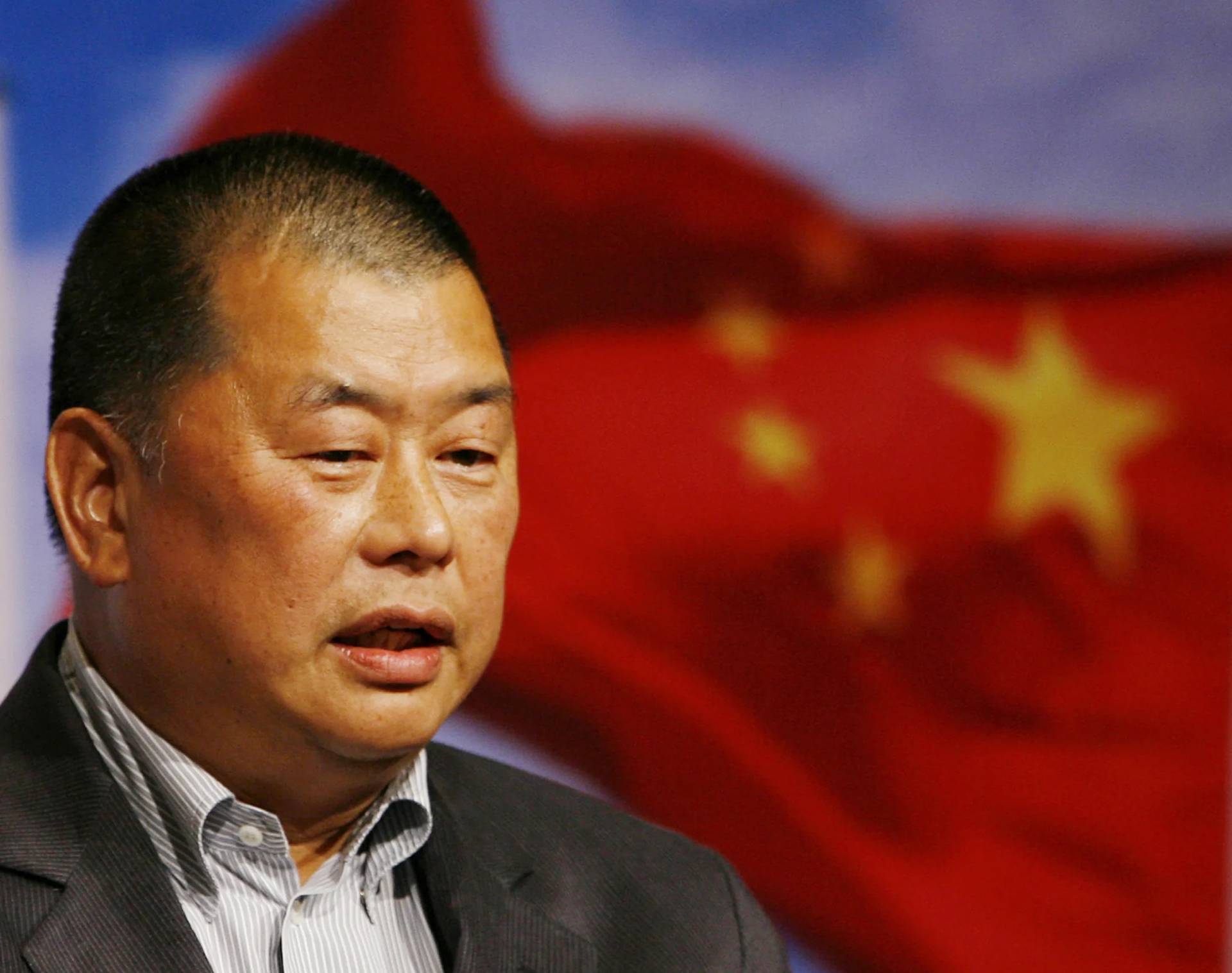MUMBAI – In an effort to resolve a long-running and bitter dispute within India’s Syro-Malabar Church, a nine-member commission of bishops has been formed to meet with dissident priests objecting to a new mode of celebrating the Mass.
Participants in the talks say some sort of tentative agreement has been reached, though its details have not been made public, and is now in the hands of a representative of Pope Francis.
The controversy is centered in the Archeparchy of Ernakulam-Angamaly in southern India, the largest jurisdiction in the Syro-Malabar Church and home to its primatial basilica.
In a nutshell, the liturgical disagreement centers on whether the priest should face the altar during the Eucharistic prayers, as called for by Church leaders, or face the congregation throughout the Mass, as has been the practice in Ernakulam-Angamaly since the Second Vatican Council in the mid-1960s.
A recent decree by a papal envoy that the new form of Mass had to be implemented by Aug. 20 was met with widespread resistance, with only a handful of the 328 parishes in the archeparchy complying, despite a threat that priests who failed to do so could face excommunication.
That papal envoy, Slovakian Archbishop Cyril Vasil, a former number two official of the Vatican’s Dicastery for Eastern Churches, later returned to Rome for consultations with Pope Francis and other Vatican officials.
The formation of the bishops’ commission came after the governing synod of the Syro-Malabar Church issued an Aug. 24 appeal to dissenting clergy in Ernakulam-Angamaly.
“Efforts have been made at various levels to resolve the crises that have arisen in the archdiocese on this issue, but not enough progress has been made,” the statement said.
“Those who have taken a negative approach to the Pontifical Delegate are now in a situation where they cannot continue in the Catholic community,” it said, referring to Vasil. “We sincerely hope that none of you will lose the communion of our mother, the Holy Catholic Church, in this very sad situation.”
Clergy involved in the controversy insist that they never intended to separate themselves from the Church, but instead feel they’re upholding liturgical reforms endorsed by Vatican II.
The statement called on priests to inform the Vatican of their willingness to implement the new form of the Mass, “at least step by step.”
While expressing a willingness to continue the dialogue with members of the archeparchy, the statement listed seven conditions for any resolution to the dispute.
- Any redress would have to be approved by the pope through Vasil.
- Priests must follow a March 2022 letter from Pope Francis regarding implementation of the new unform liturgy.
- The new liturgy must be introduced in cathedral basilicas, training centers, monastic houses and pilgrimage centers.
- Parishes wishing to take time for formation prior to implementing the new liturgy must request a special dispensation.
- Priests ready to celebrate the new liturgy immediately must not be impeded from doing so.
- Bishops visiting parishes or other facilities must not be impeded in using the new liturgy.
- The names of the pope, Alencherry and Archbishop Andrews Thazhath, the apostolic administrator for Ernakulam-Angamaly, must be commemorated in the Mass.
According to participants in the talks between the bishops’ commission and clergy from Ernakulam-Angamaly, some common ground has been identified.
“Both the parties agreed upon certain points for a peaceful liturgical celebration in the Archdiocese,” said Father Paul Chittinappilly, one of twelve priests who talk part in the discussions.
“The bishops’ team has placed the mutual agreement in the synod, and the head of the committee reports that the synod has send the agreement with a positive note to the Vatican and all are waiting for [is] the final word from Vatican.
Observers note that this is the first time Church officials have agreed to settle the dispute through discussions with dissident clergy and laity, and that the Vatican’s consistent policy has been to endorse whatever solution the synod embraces.
Father Paul Thelakat, a former spokesman for the Syro-Malabar Church who’s now associated with the dissidents, and who also is the object of a police complaint by Cardinal George Alencherry, head of the Church, for alleged defamation, said the discussions by the bishops’ commission were a positive development.
“The vast majority of bishops wanted to settle the issue in consultations with the concerned parties,” he said. “This was a step in the right direction, although it was a little late.”












